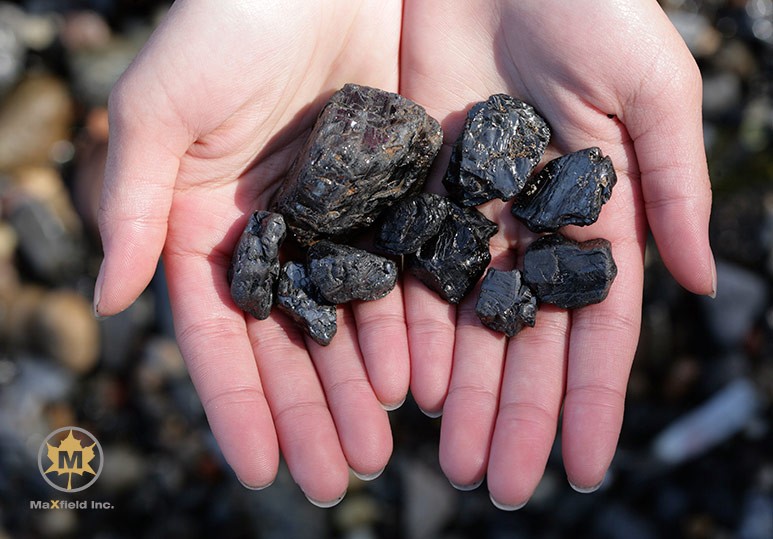Anhydrous Ammonia is an efficient and widely used source of nitrogen fertilizer on many farms across Alberta, but can be deadly if not handled properly. It must be stored and handled under high pressure, requiring a specially designed tank. If this equipment is not properly used or maintained it can have deadly consequences.
Anhydrous Ammonia is made of one part nitrogen and three parts hydrogen. Ammonia is a colourless gas that has a sharp, penetrating odor. When Anhydrous Ammonia is used as an agricultural fertilizer it is compressed into a liquid. To keep it compressed it must be stored in specially designed tanks which are strong enough to withstand the extreme internal pressures.
Anhydrous Ammonia is ammonia that is stored without water. When it encounters water the ammonia and water quickly combine. If it comes into contact with your mucous membranes, eyes or skin it will remove the water from those areas as it recombines, resulting in rapid dehydration and severe burns. This can happen if a tank or hose ruptures, or if a valve is unintentionally opened, which is why safe storage and handling is imperative.
Anhydrous Ammonia boils at -33 degrees Celsius, and must be kept in a liquid state if it is to be safely stored at temperatures warmer than this. If liquid ammonia strikes your skin it will rapidly heat up, causing severe burns. Anhydrous Ammonia is caustic, and people who are exposed to even a small amount of it risk severe bodily harm.
MaXfield believes that safety is everyone's responsibility. That is why part of MaXfield's deliverable includes providing customers with safety training so that they can safely handle and apply Anhydrous Ammonia. MaXfield conducts periodic safety workshops in our training schools, which are located at our facilities across western Canada. We will also conduct safety workshops out in the field if there is sufficient demand.
Should you ever be accidentally exposed to Anhydrous Ammonia the exposed area should be flushed immediately. That is why all trucks transporting Anhydrous Ammonia are required to be equipped with large tanks of fresh water.
For more information on the safe handling of Anhydrous Ammonia, or to inquire about our safety workshops, contact MaXfield today at 403.258.3680 and visit maxfield.ca






